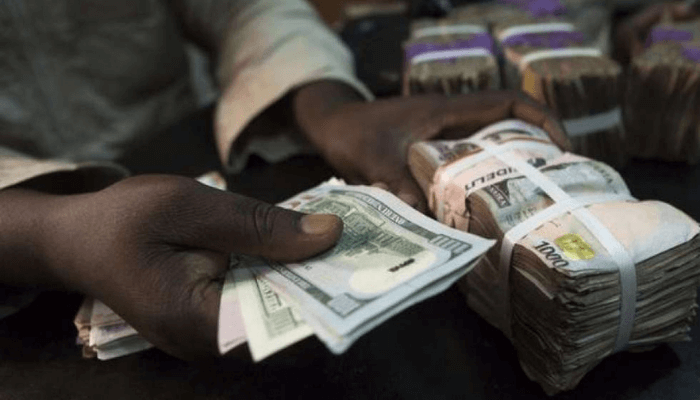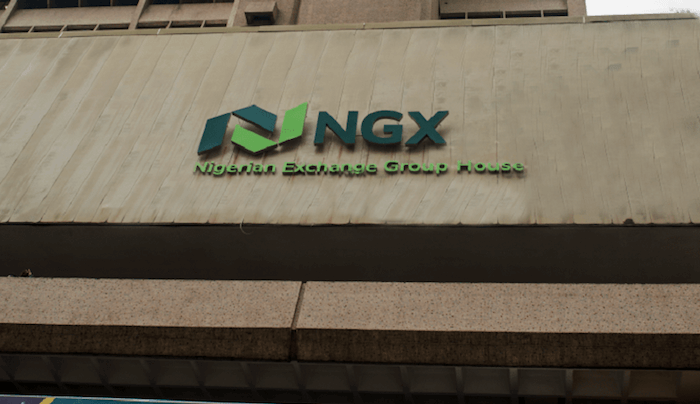The nationŌĆÖs currency, the naira, on Wednesday gained significantly by N4.70k/$ or 2.45 percent against the US dollar at the inter-bank market, BusinessDay learnt. After trading on Wednesday, the local currency closed at N187.30k/$ as against N192.00k/$ the previous day, data from Financial Markets Dealers Quotations (FMDQ) have revealed. At the parallel market also, naira appreciated by N1.50k/$ as it closed at N207/$ compared to N208.50k/$ the previous day.
Dealers attributed the naira appreciation to the intervention of the Central Bank of Nigeria (CBN) through its twice weekly Retail Dutch Auction (RDAS). The CBN offered and sold some amount of dollar to some deposit money banks at the rate of N168/$ at the RDAS.
Naira plumbed new record lows on Wednesday on weaker oil prices and fears of election-linked turmoil, while most other emerging currencies also retreated on expectations of monetary easing, Reuters reports.
Read also:┬ĀNaira dips N3.50k at parallel, N1.02k at inter-bank markets
Broader emerging markets were range-bound with a weaker bias before a meeting of the U.S. Federal Reserve which many expect to signal a delay in monetary tightening amid signs that a stronger dollar is hurting U.S. corporate profits. The greenback firmed on Wednesday, pressuring emerging currencies which are also being undermined by policy easing expectations at home.
SingaporeŌĆÖs unexpected rate cut pushed its dollar to 4-1/2 year lows and fanned losses across Asian currencies. The naira recovered off opening record lows, Thomson Reuters data showed, but the currency, down 5 percent this year alone, faces more head- winds from a February 14 election that is threatened by a militant Islamist insurgency in the north.
The central bank has resorted to tightening liquidity and has ruled out floating the currency, but analysts are sceptical. ŌĆ£A managed exchange rate regime appears unsustainable in a context of low oil prices and, consequently, falling hard currency reserves,ŌĆØ Ecobank told clients, predicting the bank might have to raise rates or again devalue the naira.










